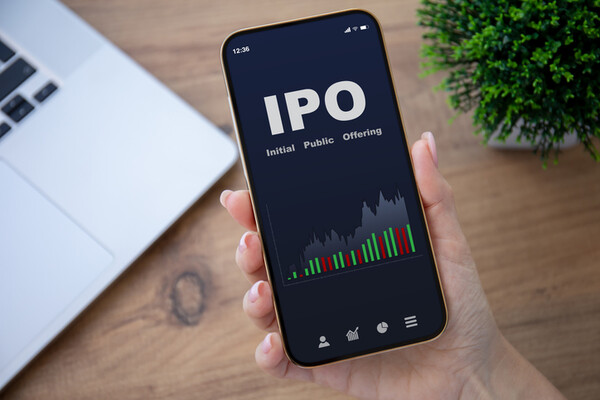Korean bio ventures are increasingly withdrawing their initial public offerings (IPOs) voluntarily after the stock market regulator Korea Exchange (KRX) has taken steps to implement a more rigorous review process.

Most recently, Pinotbio voluntarily withdrew its Kosdaq listing plan on Wednesday, nine months after applying for a preliminary review in May last year. The company cited ongoing review delays due to internal and external factors, including the "Fadu incident," as the reason for its decision.
Established in 2017, Pinotbio specializes in antibody-drug conjugate (ADC) platforms, which are therapeutic agents designed like guided missiles to target only cancer cells for destruction. They consist of an antibody, linker, and payload (drug), where the antibody specifically binds to cancer cells and delivers a potent drug.
Pinotbio had passed the technical evaluation by designated assessment institutions with grades of A and BBB in January last year, moving forward with its market debut.
However, the company withdrew its listing application nine months after applying for a preliminary review with the KRX.
"Given the macroeconomic uncertainties and the impact of interest rate hikes, which have generally increased market volatility, it was deemed difficult to evaluate the company's value fairly," a company official said. "Instead of pushing for a listing under these conditions, we've decided to wait for a more opportune time to reattempt."
Industry sources have reported that the recent string of IPO withdrawals from healthcare companies stemming from the KRX's qualitative review process for listings has become more stringent following the Fadu incident in the latter half of last year.
The controversy arose when a semiconductor company, Fadu, listed on the Kosdaq market through a technical special listing but only achieved a fraction of its forecasted revenue, leading to allegations of a substandard listing.
To prevent a similar debacle, the KRX has revised the guidelines to require IPO companies to report the most recent version of their sales and operating income in their securities filings.
The new rules also require companies to include the previous month's results if the effective date is moved to the next month.
As a result, several companies failed to meet the KRX's qualitative review criteria this year.
Among healthcare companies that have recently withdrawn their IPO, KRX is known to have suggested additional clinical trials for the tooth enamel regeneration technology of HysensBio, which is aiming to go public through the special technology listing system. Additionally, diagnostic equipment company Optolane was noted for its lack of proven business growth and potential.
Optolane, a digital molecular diagnostics (PCR) company, received an A grade technical evaluation from the Korea Invention Promotion Association and Korea Technology Credit Bureau in March last year.
Optolane developed a High Dynamic Range Digital Real-time PCR (HDR-drPCR) technology. This novel diagnostic tool provides more sensitive and accurate detection of BCR-ABL1 transcripts in chronic myeloid leukemia (CML) patients than traditional Taqman-based quantitative PCR (qPCR).
Following its technical evaluation last year, the company secured more investment than anticipated.
The company applied for a preliminary listing review on Aug. 10, last year, with Daishin Securities and Samsung Securities as co-lead managers.
However, Optolane decided to voluntarily withdraw its listing to aim for greater growth.
"Given the recent economic downturn and the unfavorable stock market conditions, we've decided to withdraw to improve various aspects and reconsider our business direction for revenue visibility," an Optolane official said. "We plan to stabilize our internal processes and reattempt the IPO this year."
HysensBio, a company established together by Orion Holdings and Orion Biologics in 2022, also voluntarily withdrew its listing. HysensBio develops dental disease treatments based on physiological dentin regeneration and periodontal ligament regeneration technologies.
Its main products include treatments for dentin hypersensitivity and dental caries, with Korea Investment & Securities as the IPO underwriter.
The company passed the technical evaluation with grades of A and BBB from the Korea Technology Credit Bureau and Korea Technology Finance Corporation in May last year. However, it withdrew its listing application about six months after applying for a preliminary review on July 25, last year.
"We decided to withdraw due to differences in views with the KRX regarding the clinical phase 2a results of our tooth sensitivity treatment KH-001," a company official said. "Our analysis of the efficacy results differed from the position of the KRX."
The company plans to reapply for an IPO after conducting a phase 2b trial with a larger number of subjects, he added.
HisenseBio's last phase 2a trial was conducted with 15 patients, but the company plans to increase the number of patients in Phase 2b to 171 to clearly demonstrate statistical significance.
In addition, the company said that it plans to end the trial in September and reapply for the IPO with top-line results in October.

